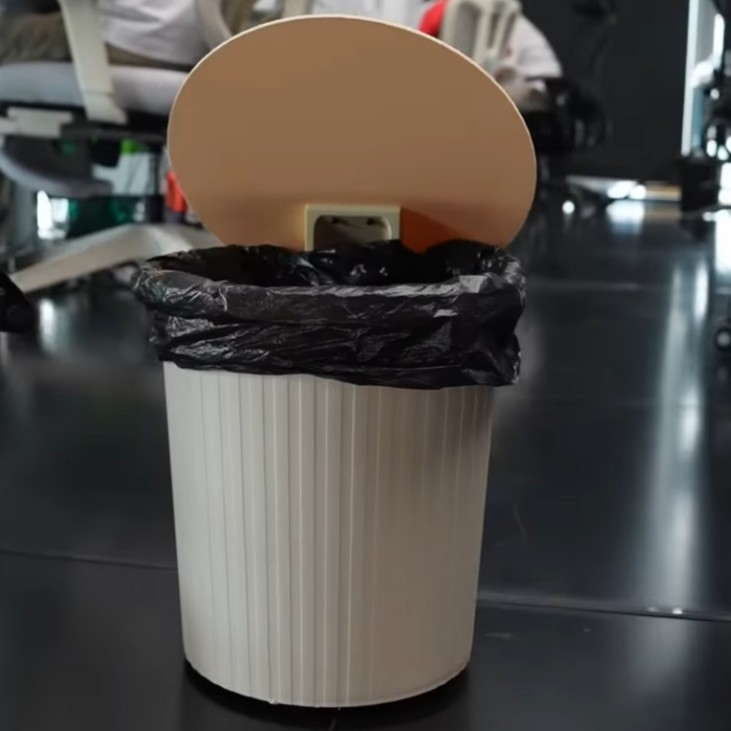Corporate Espionage on Hard Mode: The iPhone 18 Chip Saga
Hello everyone. Today’s tale is less about innovation and more about the kind of high-stakes blundering that would make even the spy agencies in your favourite stealth games shake their heads and reload a quicksave. Six individuals — once happily drawing salaries from TSMC — apparently decided that vaulting over the ethical fence and raiding the cookie jar of proprietary chip-making knowledge was a brilliant career move. Spoiler alert: it wasn’t. It rarely is. It’s like trying to tank a raid boss with no armour, no healer, and a giant neon sign over your head that flashes “I’M DOING SOMETHING ILLEGAL.”
The 2nm Gold Rush
Let’s set the scene. TSMC is gearing up its shiny new 2-nanometer chip process — the kind of technology that in semiconductor terms is essentially the laser rifle in a world of crossbows. Apple, naturally, has dibs for the iPhone 18, because being Apple means you get the best toys first while everyone else waits in the queue like mere peasants. This 2nm process is the silicon equivalent of a loot drop with stats so good, enemies will nerf you in the next patch.
Enter the would-be infiltrators. Instead of appreciating the privilege of working at the bleeding edge of chip design, these folks allegedly decided to play corporate mercenary — engaging in “unauthorized activities” detected during “routine monitoring.” Translation: you clicked on files you shouldn’t have, and the big red “we’re watching you” button lit up in the server room. TSMC spotted “unusual access patterns” — which, in IT terms, is akin to hearing a rogue pickpocket emptying all your inventory in broad daylight.
Potential National Security PVP
This isn’t just about a company losing some PDFs full of circuit diagrams. Taiwan takes the protection of advanced tech about as seriously as a hardcore guild protecting its raid strategies. There are real national security implications here — the kind you don’t wave off with a quick HR memo. Prosecutors are involved, law enforcement is circling, and TSMC is locking in for maximum prosecution — which is the corporate equivalent of equipping every damage buff in your inventory just before delivering a point-blank critical hit.
The Japanese Side Quest
At first, nobody knew what the delightful endgame of this little scheme was meant to be. Money? Revenge? A compulsive need to print something labelled “Top Secret” on your home printer? Well, it turns out the plot twist involves Tokyo Electron, a Japanese chip equipment maker. Now, before you clutch your pearls — Tokyo Electron says it’s cooperating with investigators, and they’ve booted one of their own in Taipei, presumably for failing Espionage Etiquette 101. It’s still fuzzy whether any actual data made it out, but if this was indeed their destination, it feels a bit like smuggling a legendary drop across servers only to realise you can’t even wield it there.
Doctor’s Orders
As someone who likes my tech fresh and my scandals well-seasoned, let me prescribe this: corporate loyalty isn’t just some HR buzzword; it’s the shield that makes sure you don’t end up with the legal equivalent of a poisoned debuff that ticks for 20 years. And for the love of silicon, if you’re going to attempt digital larceny, at least understand that the company you’re stealing from likely has more intrusion detection than a fortress with laser turrets and motion sensors — because they do. In semiconductor land, they don’t just have cameras in the hallways; they’ve got microscopes pointed straight into your keystrokes.
The Final Verdict
Here we have six ex-employees, possibly about to spend a very long time explaining their life choices to people in uniforms. TSMC remains the undisputed champion of advanced chip processes, Apple will still likely get its 2nm goodies first, and Tokyo Electron would probably rather be trending for making tools than being a footnote in an espionage drama.
In gaming terms: this was an ill-prepared heist against a top-tier dungeon boss while under-leveled and under-geared — and the wipe was instant. In medical terms: it’s the symptom of progressive “Corporate FOMO Syndrome,” best treated with a strong dose of common sense and a tetanus shot against greed. Overall impression? Bad. This wasn’t just a poor move; it was a professionally suicidal one.
And that, ladies and gentlemen, is entirely my opinion.
Source: Six arrests over attempted theft of trade secrets on iPhone 18 chip process [U], https://9to5mac.com/2025/08/07/tsmc-says-employees-tried-to-steal-trade-secrets-on-iphone-18-chip-process/



